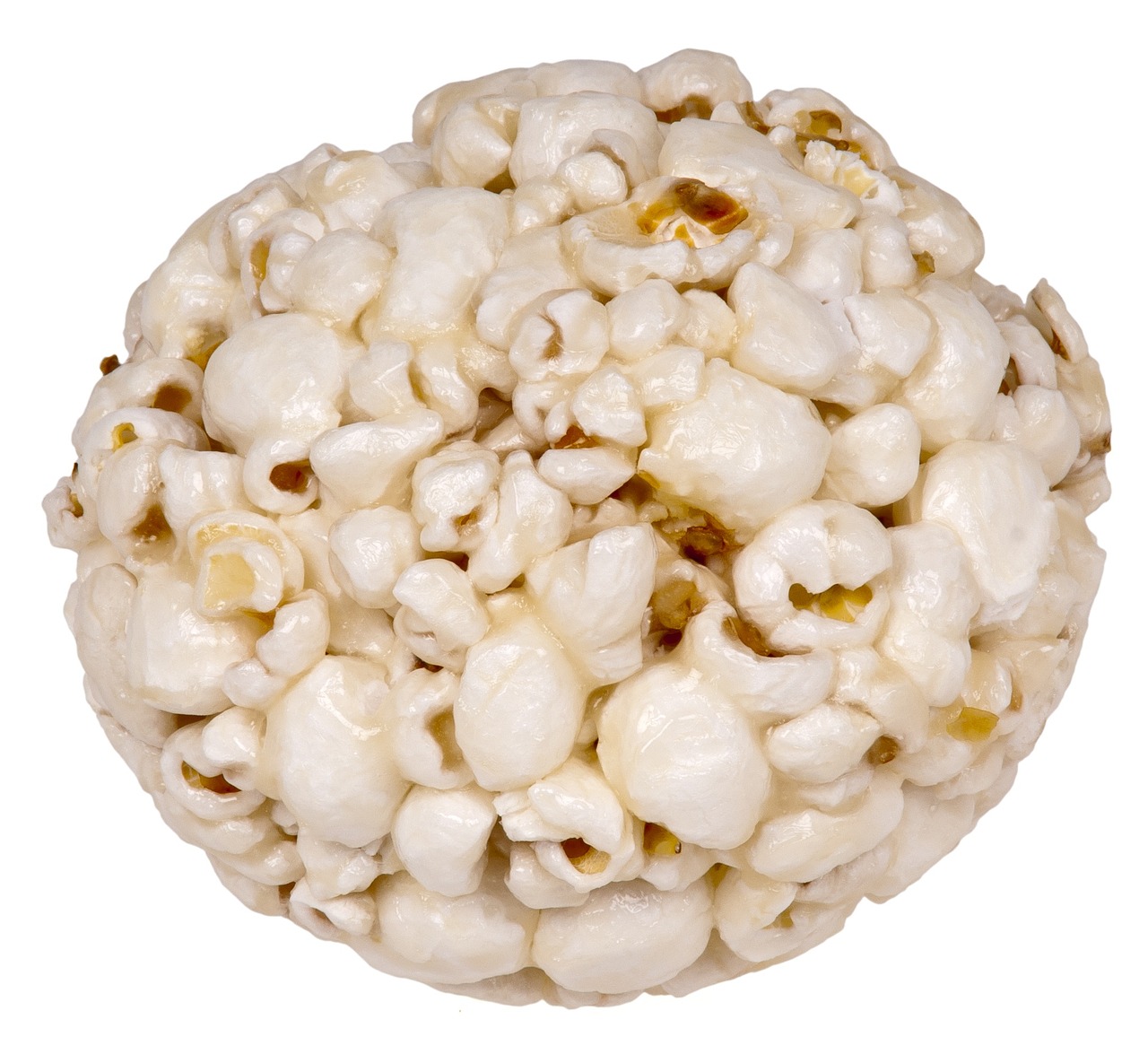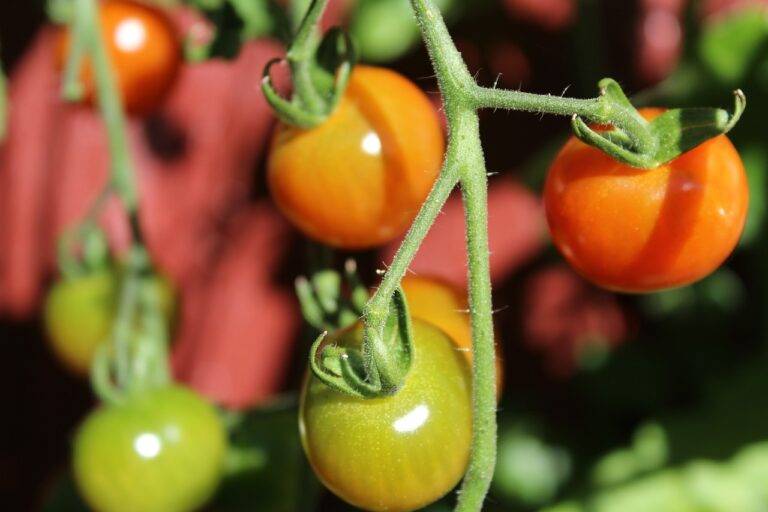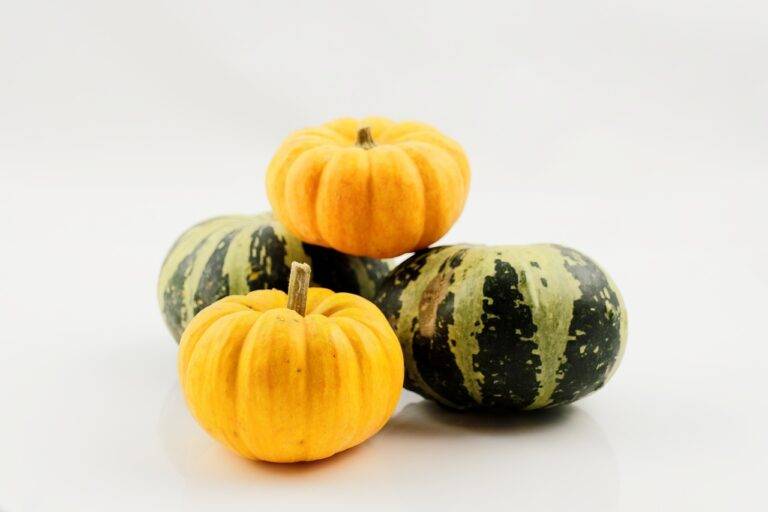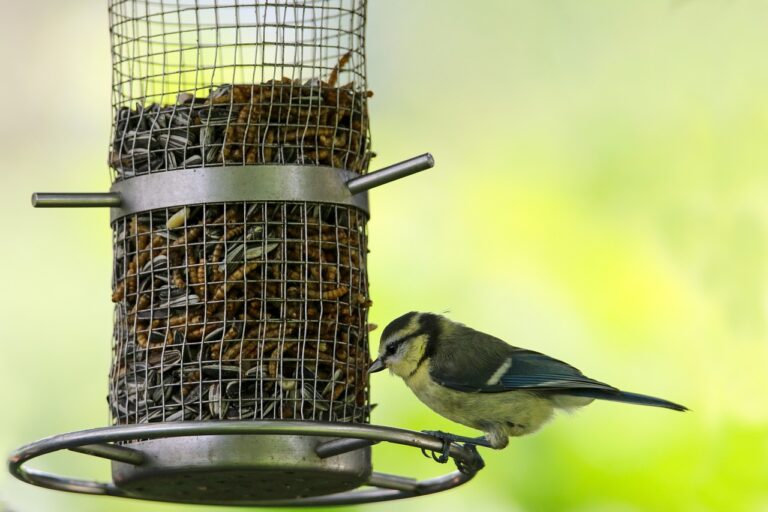The Importance of Local Seed Banks in Crop Diversity: Betbhai9.com whatsapp number, Radhe exchange id, Lotus365 login
betbhai9.com whatsapp number, radhe exchange id, lotus365 login: Local seed banks play a crucial role in preserving crop diversity, which is essential for ensuring food security, adapting to climate change, and safeguarding our agricultural heritage. These seed banks, often run by local communities or organizations, collect, store, and distribute seeds of various crop varieties, including traditional and indigenous ones. In this article, we will explore the importance of local seed banks in maintaining crop diversity and why they are vital for our agricultural future.
Preserving Genetic Diversity
One of the primary reasons why local seed banks are so important is that they help preserve genetic diversity in crops. Genetic diversity is essential for plants to adapt to changing environmental conditions, resist pests and diseases, and produce higher yields. By collecting and storing seeds from a wide range of crop varieties, local seed banks help ensure that this genetic diversity is not lost.
Adapting to Climate Change
Another critical role of local seed banks is in helping farmers adapt to climate change. As temperatures rise and weather patterns become more unpredictable, farmers need access to crop varieties that are resilient to these changes. Local seed banks often focus on collecting seeds from climate-resilient crops that can thrive in challenging conditions, such as drought or flooding. By making these seeds available to farmers, local seed banks play a crucial role in building resilience in the face of climate change.
Preserving Cultural Heritage
Local seed banks also play a vital role in preserving our agricultural heritage. Many traditional and indigenous crop varieties have been passed down through generations and are an essential part of local culture and identity. By collecting and storing seeds from these varieties, local seed banks help ensure that this agricultural heritage is not lost. This is particularly important in a world where industrial agriculture is increasingly dominated by a few high-yielding crop varieties.
Supporting Farmers’ Rights
Local seed banks also play a crucial role in supporting farmers’ rights to save and exchange seeds. In many parts of the world, including developing countries, farmers rely on saving and sharing seeds to plant their crops each year. Local seed banks provide a safe and reliable source of seeds for farmers, ensuring that they have access to a wide range of crop varieties and are not dependent on seed companies for their planting material.
Promoting Food Security
Ultimately, the importance of local seed banks in maintaining crop diversity comes down to food security. By preserving genetic diversity, helping farmers adapt to climate change, preserving cultural heritage, and supporting farmers’ rights, local seed banks play a vital role in ensuring that we have a diverse and resilient food supply. In a world where the challenges of climate change, population growth, and food insecurity are becoming increasingly urgent, local seed banks are more important than ever.
In conclusion, local seed banks are a critical part of our agricultural heritage and play a vital role in maintaining crop diversity. By preserving genetic diversity, helping farmers adapt to climate change, preserving cultural heritage, supporting farmers’ rights, and promoting food security, local seed banks are essential for our agricultural future. It is essential that we support and invest in these invaluable institutions to ensure a sustainable and resilient food supply for future generations.
FAQs:
Q: What is a seed bank?
A: A seed bank is a facility that collects, stores, and distributes seeds of various crop varieties for the purpose of preserving genetic diversity and ensuring food security.
Q: How are local seed banks different from international seed banks?
A: Local seed banks focus on collecting and preserving seeds of crop varieties that are specific to a particular region or community, whereas international seed banks collect seeds from a wide range of sources around the world.
Q: How can I support my local seed bank?
A: You can support your local seed bank by donating seeds, volunteering your time, or making a financial contribution to help maintain their operations.
Q: Are all seed banks open to the public?
A: While some seed banks are open to the public for visits and tours, others operate more behind the scenes and may not be accessible to the general public. It’s best to check with your local seed bank to see what opportunities are available for engagement.







